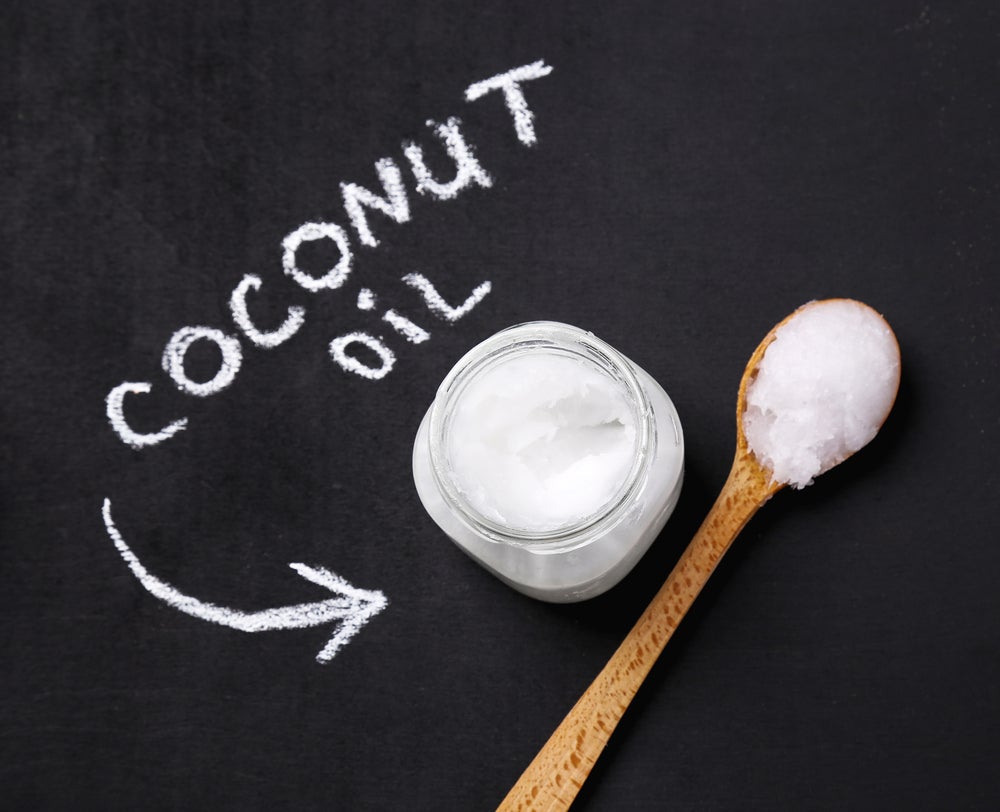Is Olive or Coconut Oil Better For You?

*Courtesy of POPSUGAR Fitness
Just when you thought olive oil was the absolute healthiest oil, now you keep hearing about coconut oil. Both contain healthy fats known as monounsaturated fatty acids, or MUFAs, which can lower total cholesterol levels. This can reduce a person’s risk for stroke as well as heart problems like high blood pressure. MUFAs can also improve insulin sensitivity, which is great news for those with type 2 diabetes. Incorporating these healthy fats into your diet can also help with weight loss. So is one oil better than the other?
Let’s first compare them nutritionally. The chart below shows a similarity in calorie and total fat amount. The daily recommendation for total daily fat should be between 33 and 55 grams. For saturated fat, the daily limit shouldn’t exceed 16 grams. Although coconut oil does contain more saturated fat, it’s primarily lauric acid. This saturated fat is different than those found in animal products because it has an unusually high amount of medium-chain fatty acids, which are harder for our bodies to store and easier to burn. Lauric acid also increases both levels of HDL (good) and LDL (bad) cholesterol levels; while coconut oil isn’t thought to negatively affect overall cholesterol levels, some experts say to use coconut oil in small amounts to be on the safe side. The chart also shows that olive oil contains significantly more monounsaturated fats — over five times as many — so in comparison, olive oil offers more health-beneficial MUFA bang for your buck.
As far as weight loss is concerned, including healthy fats in your diet can make you feel fuller, which can translate to fewer daily calories consumed. A diet rich in MUFAS has also been shown to reduce belly fat, and a few small weight-loss studies have shown that coconut oil can reduce waist size. Coconut oil is also slightly lower in calories, so over time, that little difference could add up.
Both oils are great for salad dressings and sauces, but for recipes that require higher heat such as roasting or stir-frying, choose olive oil. Coconut oil is great for light sautéing and also for baking — if you’re vegan, coconut oil makes a great substitute for butter since it gives baked goods that same flaky, rich consistency and taste.
Neither olive nor coconut oil are magic elixirs for weight loss, though. It’s not like just because you deep-fry french fries in coconut oil, you’ll lose 10 pounds. Since both are calorie-dense, they should be used in moderation. And be sure to choose unrefined virgin coconut oil to reap the health benefits.
Related Articles
3 Ways the “Magical Fruit” Can Help You Lose Weight
If You Exercise to Lose Weight, Read This
2 Week Clean Eating Plan
Make Life Easier With These 5 Gym-Bag Must Dos
Month Long At Home Workout Plan
